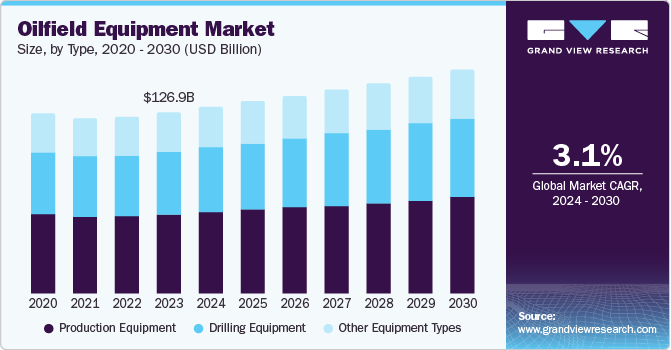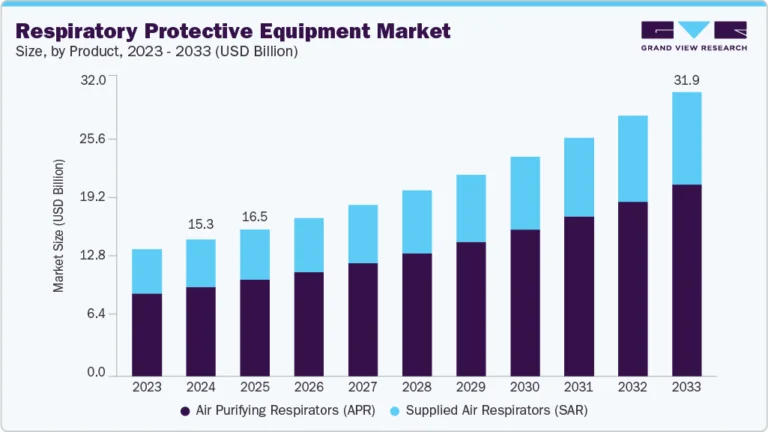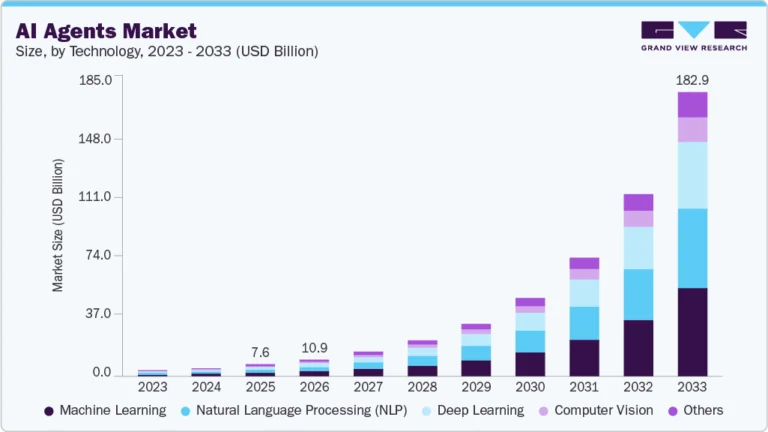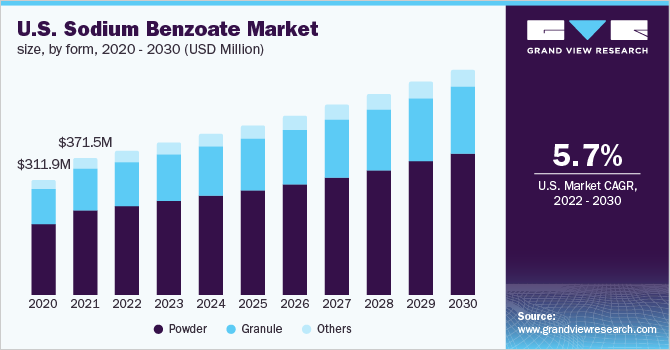Peptide Synthesis Market Size, Share & Trends Analysis growing at a CAGR of 7.71% from 2025 to 2033
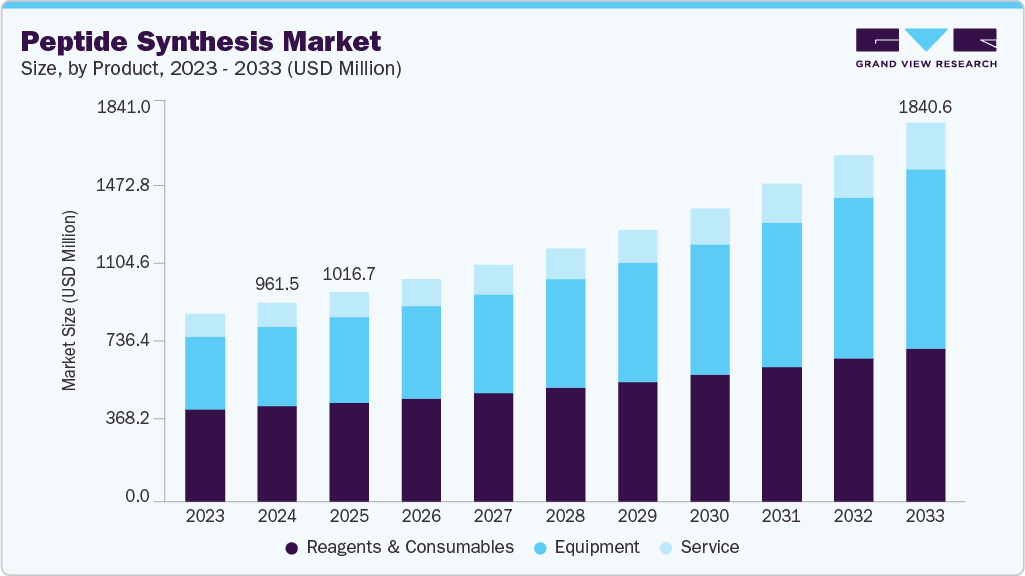
The global peptide synthesis market size was estimated at USD 961.5 million in 2024 and is projected to reach USD 1,840.6 million by 2033, growing at a CAGR of 7.71% from 2025 to 2033. This growth is driven by increasing demand for peptide-based therapeutics, advancements in synthesis technologies, and expanding applications across the pharmaceutical and biotechnology sectors.
Key Market Trends & Insights
- North America peptide synthesis market held the largest share of 38.95% of the global market in 2024.
- The peptide synthesis market in the U.S. dominated the North American peptide synthesis market in 2024.
- Based on product, the reagents and consumables in the product segment dominated the peptide synthesis market with a revenue share of 47.97% in 2024.
- Based on technology, the liquid phase peptide synthesis (LPPS) segment dominated the peptide synthesis market with a revenue share of 44.04% in 2024.
- By application, the therapeutics segment dominated the market with a revenue share of 70.35% in 2024.
Market Size & Forecast
- 2024 Market Size: USD 961.5 Million
- 2033 Projected Market Size: USD 1,840.6 Million
- CAGR (2025-2033): 7.71%
- North America: Largest market in 2024
- Asia Pacific: Fastest growing market
Request a free sample copy or view report summary: https://www.grandviewresearch.com/industry-analysis/peptide-synthesis-market/request/rs1
Increasing Use of Peptide-Based Therapeutics
One of the primary demand drivers in the peptide synthesis market is the increasing use of peptide-based therapeutics. Peptides offer a unique combination of high specificity, low toxicity, and strong biocompatibility. They are ideal candidates for treating various chronic and lifestyle-related diseases such as cancer, diabetes, obesity, and cardiovascular disorders. Advances in peptide stability, delivery systems, and reduced immunogenicity have led to a growing number of FDA-approved peptide drugs and a surge in clinical trials.
The growing interest in personalized medicine and biologically derived treatments has also contributed to expanding pharmaceutical pipelines featuring peptides. This has significantly increased the demand for high-purity, custom, and modified peptides, driving growth in both research- and production-scale synthesis. For instance, in February 2025, Granules India acquired Senn Chemicals AG. This strategic acquisition enables Granules to enter the rapidly growing peptide therapeutics market, including GLP-1 receptor agonists for diabetes and obesity. This move underscores the increasing interest in peptide-based therapies and the market’s strong growth potential. As a result, the growing reliance on peptides for drug development is creating sustained and accelerating demand across the global peptide synthesis market.
Advancements in Biotechnology and Drug Development
Rapid advancements in biotechnology and drug development significantly accelerate demand within the peptide synthesis market. Modern peptide synthesis technologies, especially solid-phase peptide synthesis (SPPS), have made it possible to produce peptides more efficiently, with greater purity, and at lower cost. Innovations in automation, resin chemistry, coupling reagents, and purification techniques have reduced production time and improved scalability and consistency, making it feasible to produce complex or modified peptides for research and therapeutic use. These technological breakthroughs are particularly valuable for pharmaceutical companies developing peptide-based drugs, where precision and quality are critical.
Moreover, the rise of personalized medicine contributes to the growing demand for custom peptide synthesis. As drug development becomes more tailored to individual patient profiles, researchers and clinicians increasingly rely on customized peptides for diagnostics, targeted therapies, and vaccine design. For instance, in February 2022, a study published in Signal Transduction and Targeted Therapy highlighted significant advancements in peptide drug development. The study emphasized the evolution of production, modification, and analytical technologies that have enhanced the therapeutic potential of peptides. As a result, peptide synthesis providers offering flexibility, customization, and rapid turnaround are seeing increased demand from clinical researchers and commercial developers, strengthening the importance of biotechnological innovation as a key driver in this market.


